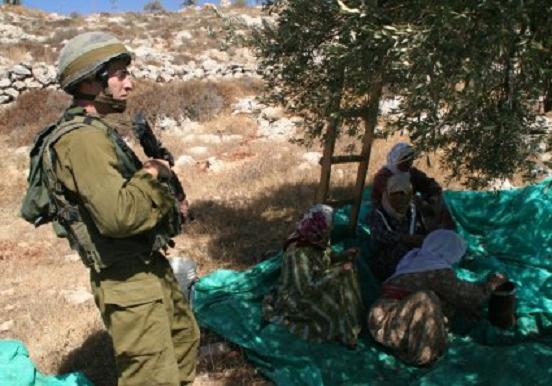Category: Press Releases
-
Bil’in organizer sentenced to 18 months
21 October 2010 | Popular Struggle Coordination Committee Adeeb Abu Rahmah, a protest leader from Bil’in, was sentenced to 18 months imprisonment by the Military Court of Appeals, for his involvement in organizing demonstrations. The decision dramatically aggravates the one-year sentence originally imposed in the first instance. Judge Lieutenant Colonel Benisho of the Military Court…
-
PHR: Delayed permission for exit from Gaza causes death of toddler
October 20, 2010 | Physicians for Human Rights Occupied Territories Department of Physicians for Human Rights Reports on Another Death in Gaza of a Sick Person who Did Not Receive a Permit to Exit the Gaza Strip for Medical Care Nasama Abu Lashin, a two-year old toddler from Gaza died on Saturday October 15, 2010…
-
Join the 2011 Olive Harvest Campaign
11 October 2011 | International Solidarity Movement At a time of increasing settler violence in the West Bank, the International Solidarity Movement is issuing an urgent call for volunteers to participate in the 2011 Olive Harvest Campaign at the invitation of Palestinian communities. The olive harvest started across the West Bank last week. ISM is…


